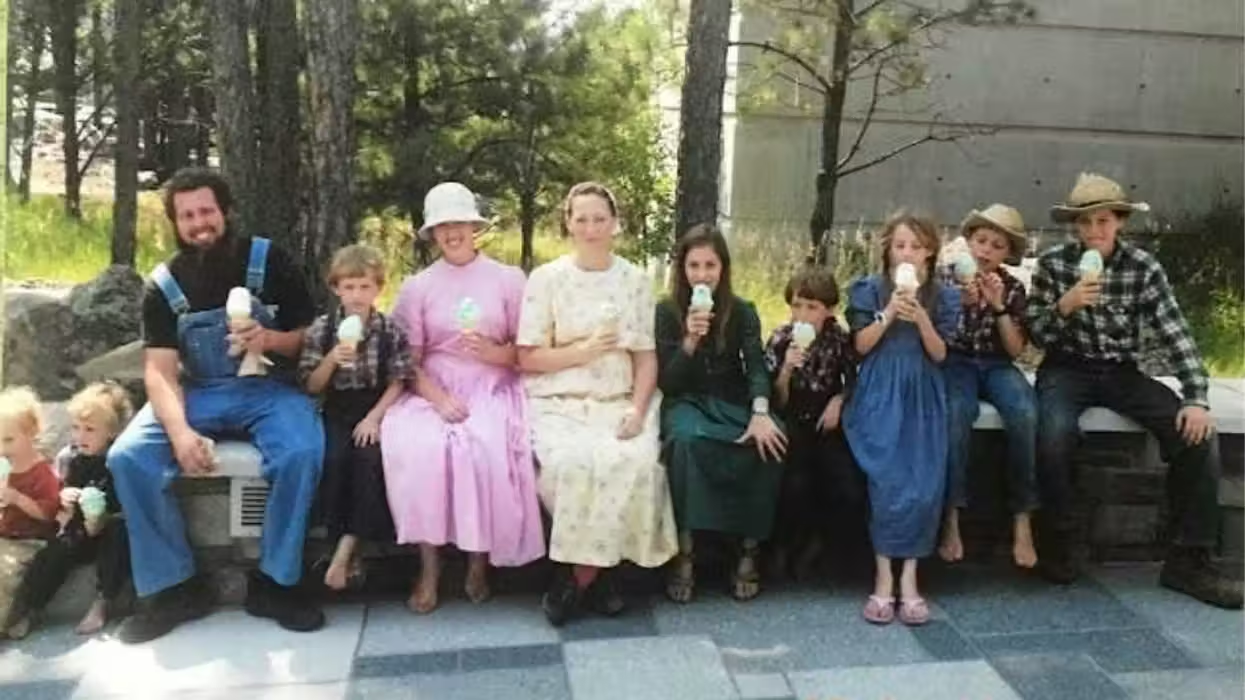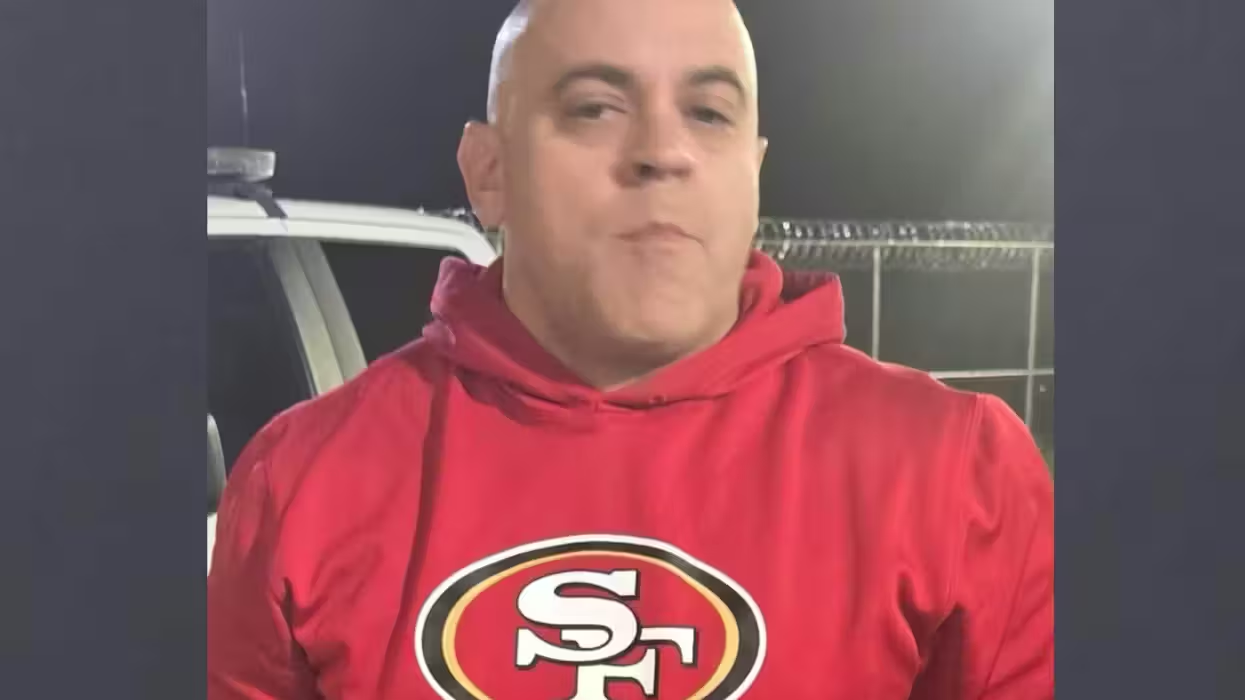
© 2025 Blaze Media LLC. All rights reserved.
You Are a Toddler in a Woman's Body': Disorder Causes 22-Year-Old to Revert to Childlike State
February 23, 2012
"You make embarrassing decisions without considering the consequences..."
It's a rare but devastating disorder. Only about 1,000 people worldwide have Kleine-Levin Syndrome. Alanna Wong is one of them.
Wong can sleep for nearly 22 hours a day and reverts to childlike symptoms -- including babbling, tantrums and binge eating --for weeks at a time, with no knowledge of the episodes afterward.


(Related: Rare syndrome causes British teen to sleep for days at a time)
The Sun reports Wong's mother, Diane, saying she acts as if she were five:
She starts crying and gets so upset, thinking everyone hates her."I'd try to make her read a book with me to calm her, but she suddenly can't do it.
Diane was terrified when her daughter developed KLS, aged ten.
She said: "It was so scary when she first got KLS — I thought she'd lost skills like reading and basic maths forever."

Wong has also shared her perspective on having the syndrome:
"I binge on junk food. I pack in chocolate, pizza and other fatty foods."At age 18 I was losing control of my eating through episodes and weighed 13 stone.
"I could gain a stone in just three weeks if an episode lasted long enough.
"Once I come out of episodes I just work out a lot and stay conscious of what I eat to lose the weight again."
She added: "During episodes you lose the ability to regulate what you are doing — like you are a toddler in a woman's body.
"You make embarrassing decisions without considering the consequences, and you remember nothing of them."
Watch this clip from a documentary about Wong and KLS from a few years ago:
The Sun reports that Wong's longest episode lasted eight months and notes that it took doctors eight years to correctly diagnose the now 22-year-old. With little known on the disease, which medical experts say mostly affects men and that most sufferers grow out of by age 30, Wong seeks to raise awareness through the charity -- KLS Life -- she started and runs. Since not many people know the disease exists, Wong, who is in college, says she has to take online courses because those around her wouldn't understand if she went into an attack. As you can image, Wong can sometimes miss loads of coursework during an episode.
In a 2008 post from the KLS Foundation about Wong, the organization state that there is no test to find if someone has the disease -- doctors can only match symptoms. But neurologists were able to measure differences in Wong's brain when she was healthy and sick:
Instead of just looking around the brain the procedure looked deeper inside and examined the anatomy of the brain, determined precisely which part of the brain is handling critical functions, such as thought, speech, movements and sensation (called brain mapping) and helped assess the effects of stroke, trauma, or degenerative disease (such as Alzheimer’s) on brain function. [Dr. Bart] Keogh found Alanna’s brain functioned perfectly while she was “awake” or healthy. She was able to process speech and language through her left-brain, hearing through her right and left temporal lobes and had no problems with blood flow to her brain.[...]
Keogh found that when she was sick her left brain completely shut down during the speech and language part of the test, hearing in both her lobes were diminished, and it took her a while to make sense of what she was hearing. The blood flow to her brain was also restricted. “It’s the first time there was scientific evidence and proof that Alanna’s brain couldn’t function,” said Diane. “The problem was that Keogh never would be able to tell us how to fix the chemical changes and why the blood wasn’t flowing to a crucial and critical part of her brain, but it made sense why she was not functioning properly.”
The Sun notes that Wong has made some strides and has moved out on her own to Hawaii from her parents Seattle home.
Want to leave a tip?
We answer to you. Help keep our content free of advertisers and big tech censorship by leaving a tip today.
Want to join the conversation?
Already a subscriber?
more stories
Sign up for the Blaze newsletter
By signing up, you agree to our Privacy Policy and Terms of Use, and agree to receive content that may sometimes include advertisements. You may opt out at any time.
Related Content
© 2025 Blaze Media LLC. All rights reserved.
Get the stories that matter most delivered directly to your inbox.
By signing up, you agree to our Privacy Policy and Terms of Use, and agree to receive content that may sometimes include advertisements. You may opt out at any time.






